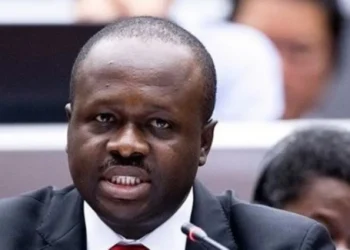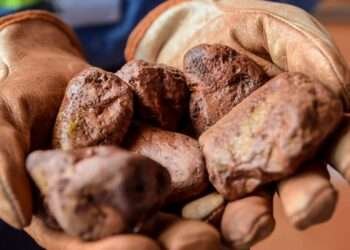A Banking Consultant, Nana Otuo Acheampong, has expressed optimism about the prospects of the National Investment Bank (NIB) following government’s injection of GH¢800 million into its operations to help close its capital deficit.
The injection of funds, which is in the form of a bond issued to the bank earlier in August this year, is part of efforts to make the bank compliant with the Bank of Ghana’s requirements on the minimum capital for banks and also make it more competitive.
While speaking in an interview, Nana Otuo Acheampong said the bank should be able to finance industrial projects which normally have a long maturity date.
“They have to return to the industrialization. One of the reasons they have to concentrate on the industrialization is that generally, funding for most of our banks in Ghana are short term. They have to fund long term projects. When you get the maturity this much, it creates a problem, and now with the assistance of government, we are getting some maturity, so they will be able to help industries.”
He further noted that the NIB must be strengthened or repositioned to serve its main purpose of focusing on transforming the industry, agriculture, agro-processing, and housing and mortgage sub-sectors of the economy over the medium-term.
Earlier this week, the government announced that it had injected GH¢800 million into the National Investment Bank (NIB) to help close the bank’s capital deficit and boost its operations to support the national industrialisation agenda.
The Managing Director (MD) of the NIB, Mr. Samuel Sarpong, while speaking on a specialised programme on banking and finance, said that the amount was in the form of a 10-year bond that the government had issued to the bank.
He said the Board of Directors of the NIB is now in the process of converting the bond, which was issued at 19 per cent coupon (interest) rate, into equity for capitalisation.

“The initial money that has come in is in the form of a bond, but it is going to be converted into equity, and that is the process we are going through over the next two month”, Mr. Sarpong said.
Beyond the capital injection, he said, the bank had also recovered about GH¢300 million of its funds that were locked up in some of the collapsed financial institutions, with plans underway to recover the remainder.
Over the years, the National Investment Bank has not been able to fulfil its core mandate of driving domestic industrialization, due to financial constraints and managerial shortfalls.
The bank has posted losses consistently in recent times and now has a capital deficit of GH¢2.2 billion, according to an assessment conducted on its capital position last year.



















